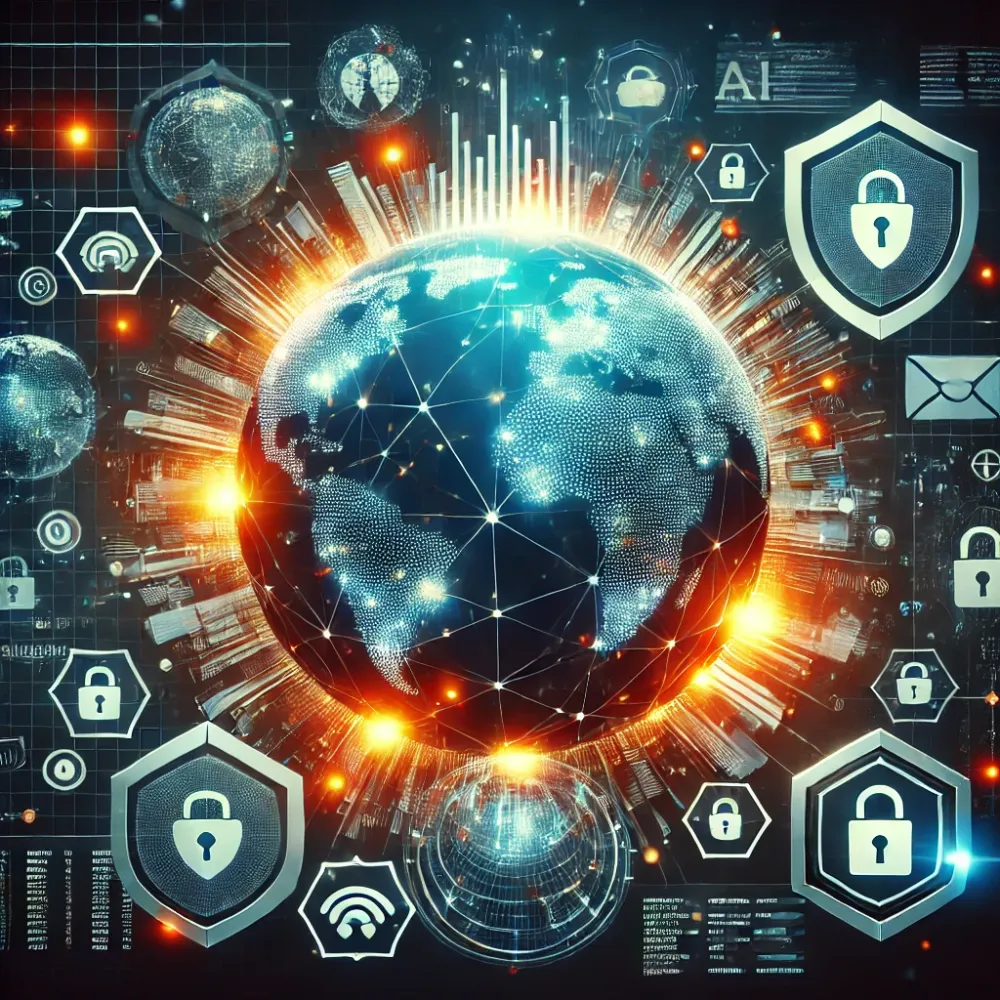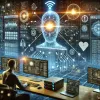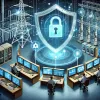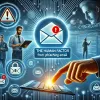Global cybersecurity: the essential shield we can’t live without
As we enter 2025, cybersecurity is no longer just about protecting businesses—it’s about safeguarding nations.
The stakes have never been higher. Every headline about a cyberattack on critical infrastructure serves as a reminder that our digital systems, which make modern life so convenient, can also make us incredibly vulnerable.
It’s not just data breaches anymore; we’re talking about threats to energy grids, healthcare systems, and even government portals.
A friend recently told me, “It’s like we’re living in a sci-fi thriller, but there’s no happy ending in sight.” And honestly, it’s hard to argue with that. Global Cybersecurity has become the battleground where the digital and physical worlds collide.
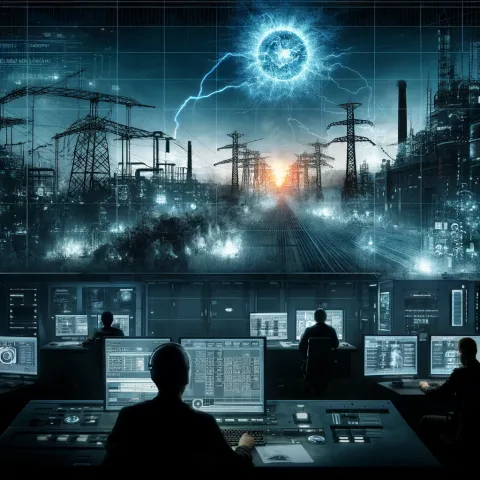
Cyberattacks are no longer business as usual
Not so long ago, most cyberattacks targeted businesses—stealing customer data, disrupting operations, or demanding ransom.
But now, the game has changed. Hackers are aiming much higher, and their targets are the backbone of entire nations.
Take the Colonial Pipeline attack in the US a few years ago—it caused fuel shortages and widespread panic.
Or closer to home, the ransomware attack on the Irish Health Service Executive in 2022.
That wasn’t just a wake-up call; it was a full-blown alarm. Imagine hospitals unable to access patient records for weeks.
It’s terrifying to think how quickly things can spiral out of control.
In the UK, our National Cyber Security Centre (NCSC) is on the front lines of this fight. They’ve identified critical infrastructure—think energy, water, and transportation—as the most vulnerable. And honestly, they’re not wrong. Every time I read about another attack, I find myself wondering: how prepared are we, really?
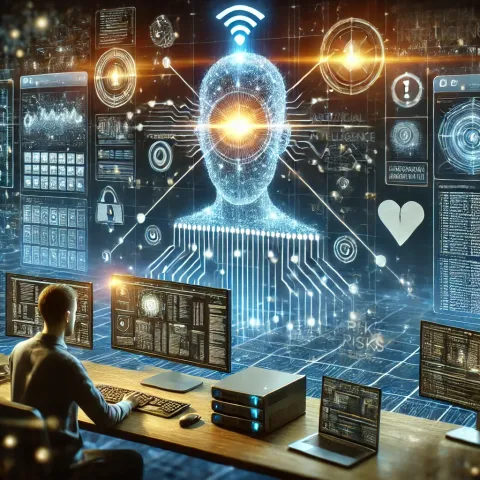
Artificial intelligence: a double-edged sword
AI is everywhere these days, and cybersecurity is no exception. On the one hand, it’s a lifesaver.
AI-powered tools can detect threats faster than any human ever could.
They spot unusual patterns, flag suspicious activity, and even predict potential attacks. Companies like Darktrace, right here in the UK, are leading the charge.
I’ve spoken to people who use their systems, and they swear by them. “It’s like having a security guard who never sleeps,” one person told me.
But here’s the catch: the bad guys are using AI too. Imagine phishing emails so convincing that even the savviest tech professional could fall for them.
Or malware that evolves in real-time to avoid detection.
That’s the world we’re stepping into—a high-stakes game of cat and mouse where both sides are armed with cutting-edge tech.
The scary part? We’re not sure who’s winning.
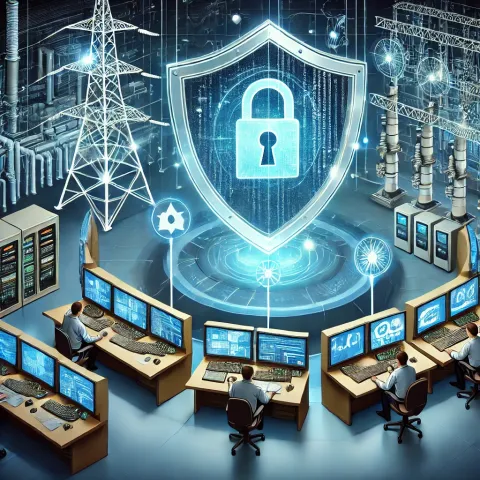
Protecting what matters most
Think about the systems you rely on every day: electricity, clean water, public transport.
Now imagine waking up one day and finding them all offline. It’s not just inconvenient—it’s life-altering.
That’s why securing critical infrastructure has become a top priority for governments worldwide.
Here in the UK, initiatives like the Cyber Assessment Framework (CAF) are helping to set standards for operators of essential services.
But let’s be honest—standards only work if people follow them. I’ve heard stories about outdated systems still running in some sectors, and it’s worrying.
One slip-up could lead to a disaster.
The solution isn’t just about better technology; it’s about collaboration. Governments, businesses, and even individuals need to work together. I recently attended a conference where a speaker said, “Cybersecurity isn’t just a department—it’s a culture.” That stuck with me. It’s not enough to have the right tools; we need the right mindset.
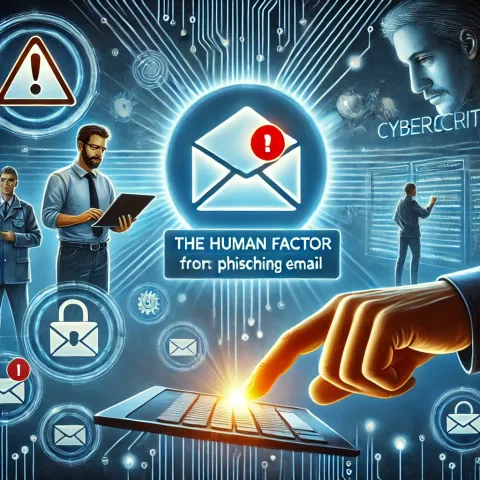
The human factor: still our biggest weakness
No matter how advanced our systems become, there’s one vulnerability we can’t seem to fix: us.
Humans are, without a doubt, the weakest link in the cybersecurity chain. Social engineering attacks like phishing prey on our trust, curiosity, or fear.
And they work—time and time again.
I’ve seen it happen firsthand. A colleague once clicked on a suspicious link in an email, thinking it was from a trusted client. Within minutes, our IT team was scrambling to contain the damage.
It’s embarrassing, sure, but it’s also a stark reminder that even the best-trained people can make mistakes.
That’s why education is so important. In 2025, I’d love to see more organisations prioritising cybersecurity awareness. Regular training, phishing simulations, and clear policies can make a huge difference. And let’s not forget individuals—we all have a role to play, whether it’s using strong passwords or enabling two-factor authentication.
Can we restore digital trust?
Every successful cyberattack chips away at our trust in technology.
It’s hard not to feel uneasy when you read about data breaches or ransomware attacks that shut down entire systems.
But trust is something we can rebuild—if we’re willing to put in the work.
For businesses, this means being transparent. If there’s a breach, don’t try to cover it up.
Own it, fix it, and make sure it doesn’t happen again. Customers appreciate honesty, and in a world where trust is fragile, it goes a long way.
Governments also have a role to play. Clear regulations, accountability, and public education are key.
But there’s a balance to strike—we need security without sacrificing privacy.
That’s a debate we’re going to see a lot more of in the coming years.
What’s next for Global Cybersecurity?
2025 is shaping up to be a pivotal year for global cybersecurity. The threats are evolving, and so are the solutions.
But one thing is clear: this isn’t a problem we can solve alone. It’s going to take innovation, collaboration, and a whole lot of determination.
For businesses, cybersecurity is no longer optional—it’s essential. For governments, it’s a matter of national security.
And for individuals, it’s about taking control of our digital lives.
The question isn’t whether we’ll face challenges—it’s whether we’re ready to meet them head-on. So, are we?
